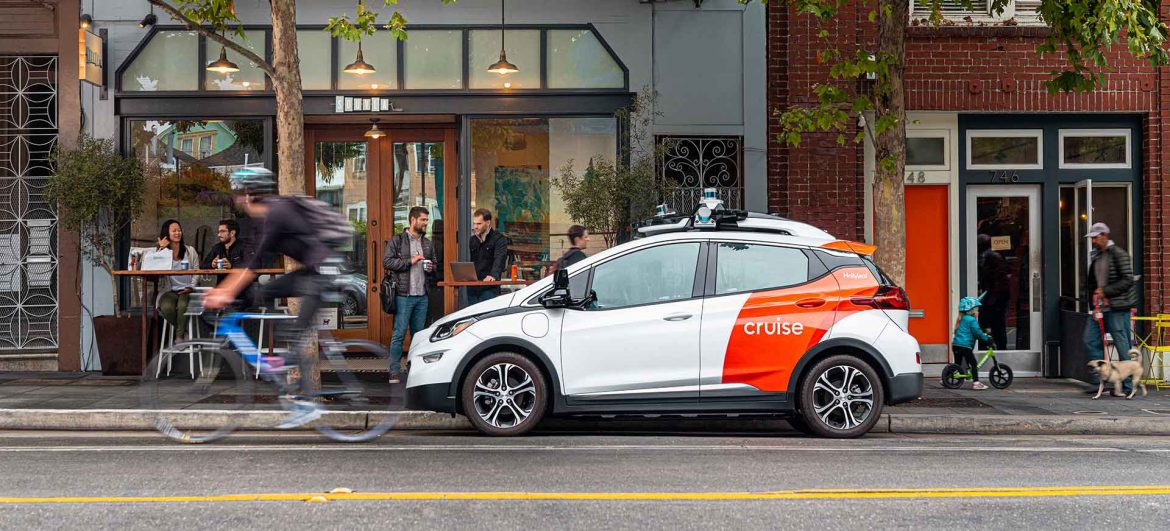In an intriguing development, law enforcement officers in California are unable to issue citations for moving violations to driverless cars, leaving a legal vacuum that has implications for the evolving landscape of autonomous vehicles.
An internal memo obtained by NBC Bay Area from San Francisco Police Chief Bill Scott reveals that police officers in the state are currently restricted from ticketing vehicles operating in autonomous mode. This legal quirk highlights a peculiar gap in California law, which, at present, does not address the legal status of self-driving cars concerning moving violations.
While autonomous vehicles seem to be exempt from certain traffic rules, they are not entirely immune to the long arm of the law. The memo clarifies that driverless cars are still susceptible to receiving parking tickets, emphasising that they are not above all regulations.
The absence of specific regulations for driverless cars in California raises questions about accountability and legal responsibility when accidents or traffic violations occur. In contrast, other states have taken a more proactive approach to legislation surrounding autonomous vehicles.
Texas, for example, updated its laws in 2017, designating the owner of a driverless car as its operator. This classification allows law enforcement officers to cite the owner for traffic violations, even if they are not physically present in the vehicle. The Texas model presents a potential legal framework that other states may consider adopting.
The legal ambiguity surrounding autonomous vehicles becomes more pronounced as the technology becomes increasingly prevalent. Recent incidents, including the suspension of General Motors’ Cruise robotaxis in California due to safety concerns, underscore the need for a comprehensive legal framework.
The responsibility for accidents involving autonomous vehicles has also been a subject of legal contention. Tesla, a prominent player in the autonomous driving space, recently faced legal challenges related to its Autopilot system. While the company prevailed in two cases, a Florida ruling found that Tesla was aware of defects in its Autopilot advanced driver assistance system.
As the integration of autonomous technologies into daily life continues, automakers, companies, and consumers may find themselves navigating a complex web of court rulings and new laws.



